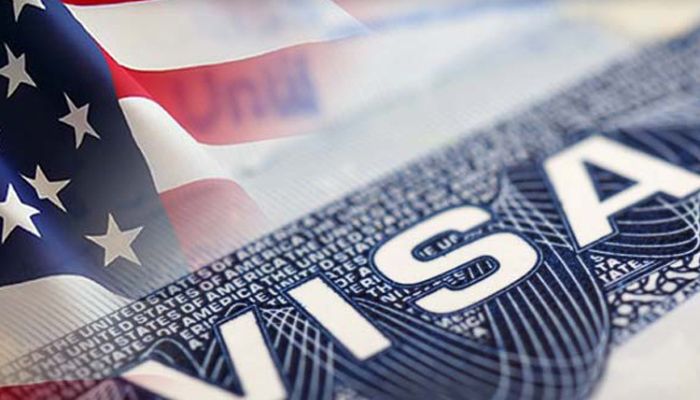Changes to U.S. Visa Policies for African Travelers: What You Need to Know
Starting in 2026, citizens from Nigeria, South Africa, Kenya, Egypt, Morocco, Ethiopia, and several other African nations will encounter significant changes in the U.S. travel visa program. This new initiative will bring higher application fees, stricter documentation requirements, and extended processing times, all contributing to a more complex travel landscape for many aspiring visitors to the United States.
The New Visa Landscape
The U.S. government’s decision to revise its visa program arises from a surge in visa applications and increasing security concerns. The adjustments are not merely bureaucratic; they have the potential to impact the travel plans of thousands of individuals intending to visit the U.S. for various purposes, including tourism, work, study, and exchange programs.
Visa Waiver and Its Impact
Currently, South African citizens benefit from the Visa Waiver Program, which allows them to visit the U.S. for up to 90 days for business or tourism without a visa. However, the new regulations will affect South Africans planning longer stays, who typically utilize visas such as the B1/B2 tourist visa and others for work, study, or exchange programs.
For an extended stay, South African travelers will need to adapt to new, higher costs and a more stringent application process, limiting their previous advantages.
Visa Applications in Nigeria and Kenya
Conversely, Nigerian and Kenyan citizens do not enjoy the same waiver privileges and face a full application process even now. Nigeria is a significant source of U.S. visa applications in Africa, presenting challenges at the U.S. embassy in Abuja and the consulate in Lagos. Current waiting periods can stretch from three to twelve weeks due to the volume of applications. Similar scenarios play out for Kenyan applicants, with a typical wait time ranging from three to eight weeks in Nairobi.
Both countries require applicants to demonstrate strong ties to their home country—such as family connections, property ownership, or employment—to indicate an intent to return, a demand likely to become even more stringent under the new system.
Expansion to Other African Nations
The upcoming visa changes will not only affect Nigeria and Kenya but will also encompass many other African countries, including Egypt, Morocco, Ethiopia, Uganda, Ghana, Tanzania, and Senegal. Citizens from these nations will face similar challenges in securing U.S. visas, specifically needing extensive documentation to prove their intention to return home after visiting the U.S.
Current Visa Costs and Future Changes
At present, U.S. visa costs vary by category. For instance, the B1/B2 tourist visa, valid for six months with an extension possibility, and student visas both carry a $160 application fee. Other types, like the H-1B work visa for skilled professionals, range from $190 to $460, depending on the petition type and last for three years.
As the new framework unfolds, these baseline fees are expected to rise, along with the requirement for comprehensive documentation, thereby compounding the financial strain on applicants.
Implications for Students and Academic Institutions
The stricter requirements and longer processing times will have significant ramifications for African students and academic institutions. Admissions and enrollment timelines could face disruptions, complicating plans for students eager to study in the U.S. Academic exchange opportunities may also be hindered, affecting collaborative programs and research initiatives vital for both African and U.S. institutions.
Impact on Business Travel and Tourism
Additionally, businesses reliant on professional exchanges and project-related travel may find themselves grappling with added complications from the new visa requirements. For tourists, the combination of higher application fees and extended processing times could limit travel opportunities for many middle-class Africans who previously viewed the U.S. as a viable destination.
Preparing for the Changes
As African nations see a dramatic increase in visa applications, travelers are urged to plan well in advance, prepare comprehensive documentation, and brace for longer processing times starting in 2026. The evolving landscape underscores Washington’s attempt to balance a growing demand for entry with heightened security concerns surrounding international travel.
In the coming years, navigating the U.S. visa process will require diligence and careful planning, shaping the future travel aspirations of many Africans.



